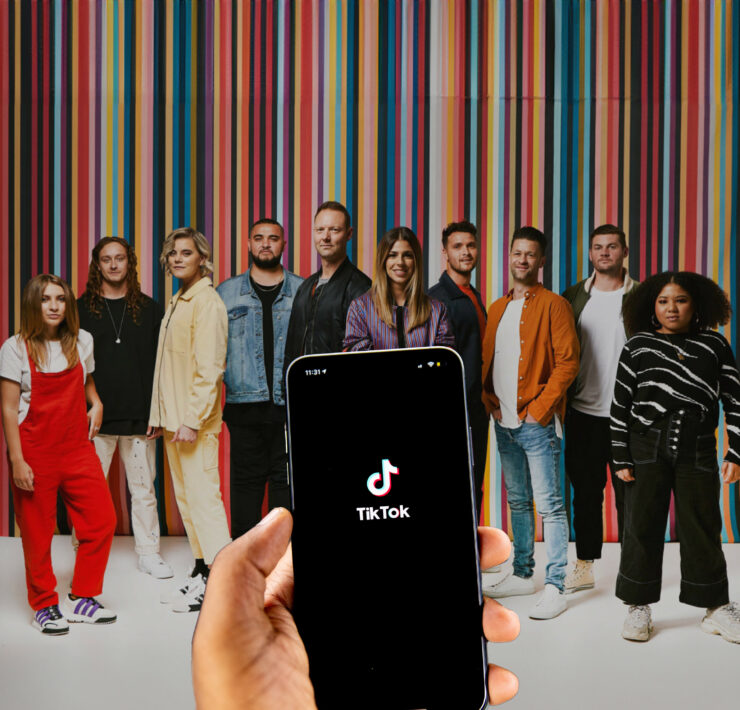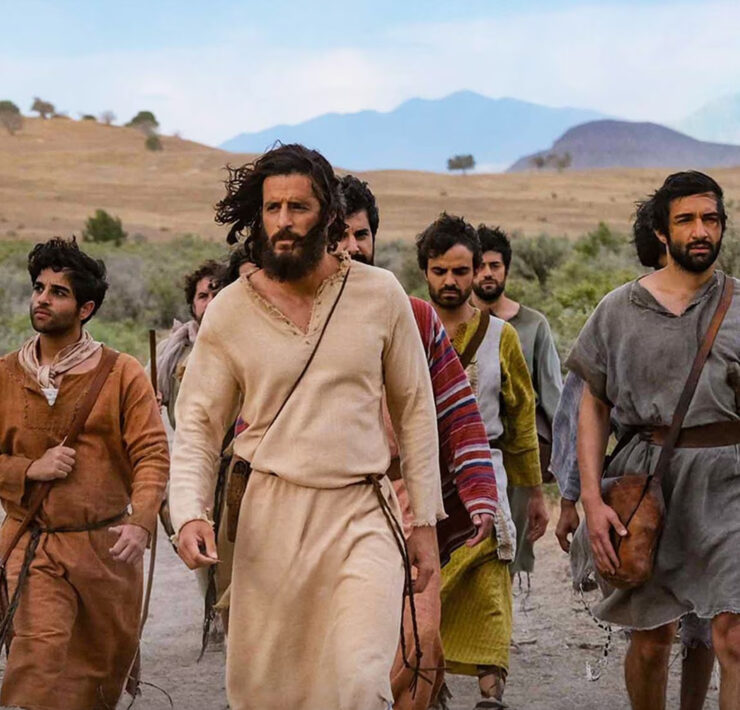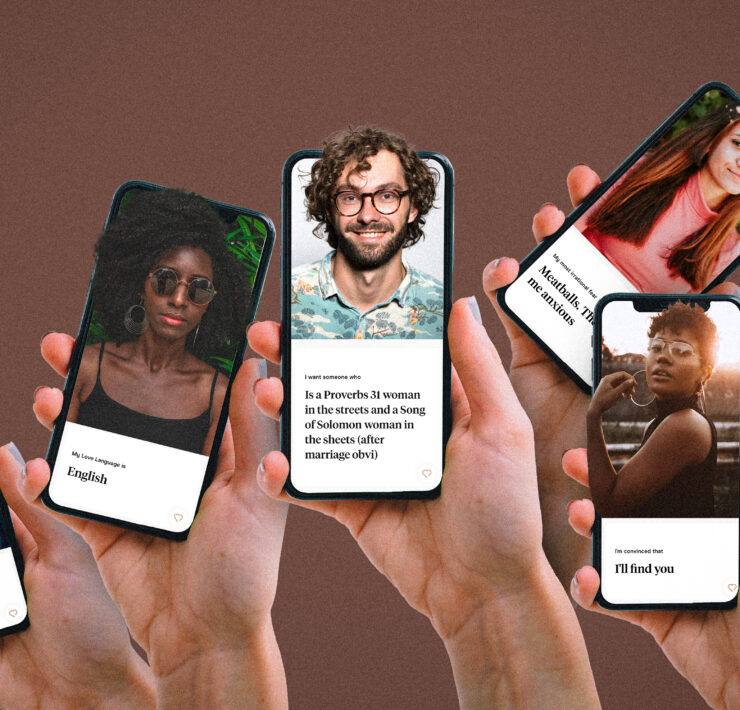“Norm!”
Cheers was my dad’s favorite TV show when I was a kid; watching the dynamics of the bar community unfold was almost as natural to me as my own joys and trials of making friends at school. Dad grew up in Boston, so he occasionally got a wistful, nostalgic look on his face as he watched Sam, Diane, Frasier and the others sort out life during their after-work gatherings.
I’m not sure if Dad ever had a close-knit group of bar companions when he was younger. I think he may have been too busy working his way through school to have much time for an evening drink. But I imagine he longed for it—longed to know and to be known.
Don’t we all secretly want to walk into a crowded room, see every head turn toward the door and hear them heartily raise our name in unison?
“Allison!”
With the global advent of coffee shops like Starbucks, Caribou and the great local-owned places like the shop around the corner from where I live, 21 century American culture has created a new space for the Cheers crowd.
Starbucks is the Cheers of postmodernism.
It’s a mysterious phenomenon. Corporate marketing of coffee shop chains certainly plays a part. Maybe even films like So I Married an Axe Murderer and I Am Sam or shows like Friends have helped put coffee culture on the map. But so far as I can discern, coffee hasn’t necessarily replaced beer as the choice beverage of indulgence. So why do so many feel drawn to these corner shops for their coffee and a hearty helping of belonging?
One of the goals of the Starbucks Corporation—and other coffee shops, though they may not make a statement of it—is to create a “third place.” For most of us, home is our first place, the office is our second, and we desire a third—a place that is void of the responsibilities of home and the pressures of work. A place where we feel connected to our community and the rest of the world, a place where we can share the important happenings of our own lives and hear about the events in others’ lives.
A place where everybody knows our name.
I used to don the green apron several mornings a week in a suburb of Chicago. The store where I worked was the third place for a host of “regulars”—Phil, the father of two teenage girls who were the stars of their high school volleyball team; Betty, the consultant who made our shop into her office; Jenny, the young entrepreneur struggling to get her business off the ground. I heard about their families every day. I knew what time they had to be at work every morning. I knew what kind of drink they ordered. I even knew what some of their cars looked like, so when I saw them pull into the parking lot, I would start making their favorite drinks before they even walked in the door. The looks of pleasant surprise on their faces when I presented them with their drinks before they had even ordered were the little things that made my day. I knew them.
And they knew me. They knew that I was working my way through school. They knew that I grew up in the South and that my thin blood wasn’t used to harsh Chicago winters. Some of them knew my joys and troubles. I hoped they all knew that I was serving a little bit of Jesus to them along with their coffee and muffin each day.
These days, I am on the other side of the counter. The barista at the coffee shop around the corner from my apartment knows me. She knows about the frustration of my recent job search. She rejoiced with me when I finally found a great job. She doesn’t make my drink when she sees me walking up to the shop, but I haven’t yet settled on a regular drink there, making that part of her job a little more challenging. Nevertheless, she has created a warm, inviting third place for me.
I believe that this desire to know and be known is a part of how God designed human beings. Paul describes it in his first letter to the Corinthians: “For now we see only a reflection as in a mirror; then we shall face to face. Now I know in part; then I shall know fully, even as I am fully known” (I Cor.13:12, TNIV). Even though we may not articulate it as beautifully as Paul does, we all realize, to some degree or another, that we are driven by the desire to be completely known. We don’t want the trite, abbreviated conversation with the cashier at the fast food drive-thru; we want the long, involved conversation that brews over the latte our barista is carefully making for us. We get a taste of being fully known with our cup of coffee each morning. If we’re really lucky, we get a richer taste of it within a group of friends like the Cheers crowd. And one day, we get the overwhelming feast of being fully known in the presence of a Holy God.
When I meditate on it—being vulnerable and unashamed in front of my Creator after I have left this temporary body behind—I get a bit melancholy. It’s as if I am nostalgic for something I have not yet experienced. I am teased with it when I go to the coffee shop, when I spend time with the friends I love and trust, when I watch a rerun of Cheers. I think and hope that this nostalgia is the sign of a healthy longing after the unhindered presence of God.
The next time I go to the coffee shop and order a cup of liquid indulgence, I hope that my conversation with the barista, the sense of connectedness I feel and the peace of my third place remind me of the longing that dwells so warmly in my soul.
Sometimes you wanna go where Somebody knows your name.




















